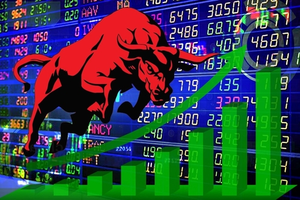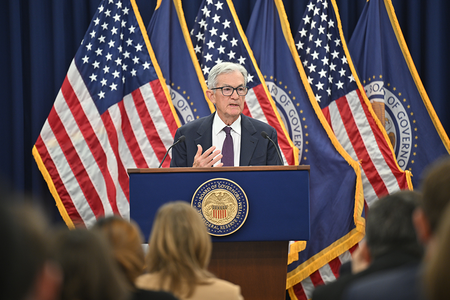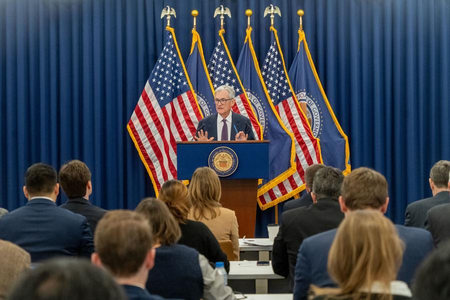
New Delhi, April 18 (IANS) The BSE Sensex is up 42 points and trading at 72,986 points on Thursday. However, tensions in the Middle East and a hawkish stance by the US Fed are likely to weigh on the stock markets, say analysts.
Powergrid is the top gainer, up by more than 3 per cent. Tata Steel, M&M are up more than 1 per cent.
V. K. Vijayakumar, Chief Investment Strategist, Geojit Financial Services said the Iran-Israel tension in West Asia continues to weigh on stock markets globally. Until this uncertainty is out of the way, markets are unlikely to take a strong directional up move. The hope is that the feared Israeli response will not lead to an escalated regional conflict. This is reflected in the 3 per cent drop in crude price during the last two trading sessions.
“Meanwhile the market is coming to terms with ‘higher-for-longer interest rate’ in the US since inflation continues to be sticky at lower levels. It seems that the market is reconciled to 2 rate cuts this year, that too backloaded,” he said.
Since the US 10-year bond yield is hovering around 4.57 per cent, more FII selling is likely, putting pressure on large-caps. This will provide opportunities for investors to slowly accumulate high-quality large-caps where the margin of safety is high.
“In the near-term, however, heightened activity is likely in mid and small-caps, particularly in stocks where floating stocks are low. This is a risky area,” he added.
Deepak Jasani, Head of Retail Research, HDFC Securities said the Nifty could continue to display weak bias in the near term and head towards 21947, while 22503 could be a strong resistance. Stocks in Asia drifted mostly higher Thursday in a sign of calm, as investors recalibrated Federal Reserve interest-rate cut expectations.
All three major US stock indexes finished lower on Wednesday as the prospect of higher-for-longer interest rates unnerved investors, leading to the S&P 500 and Nasdaq Composite recording their longest streak of losses in more than three months. The combination of geopolitical uncertainty, Fed hawkishness, and stubborn inflation have combined to put bears temporarily in charge, he said.








